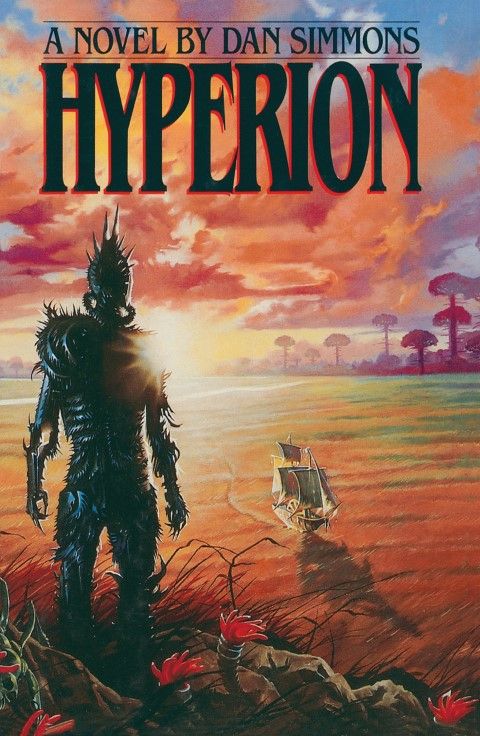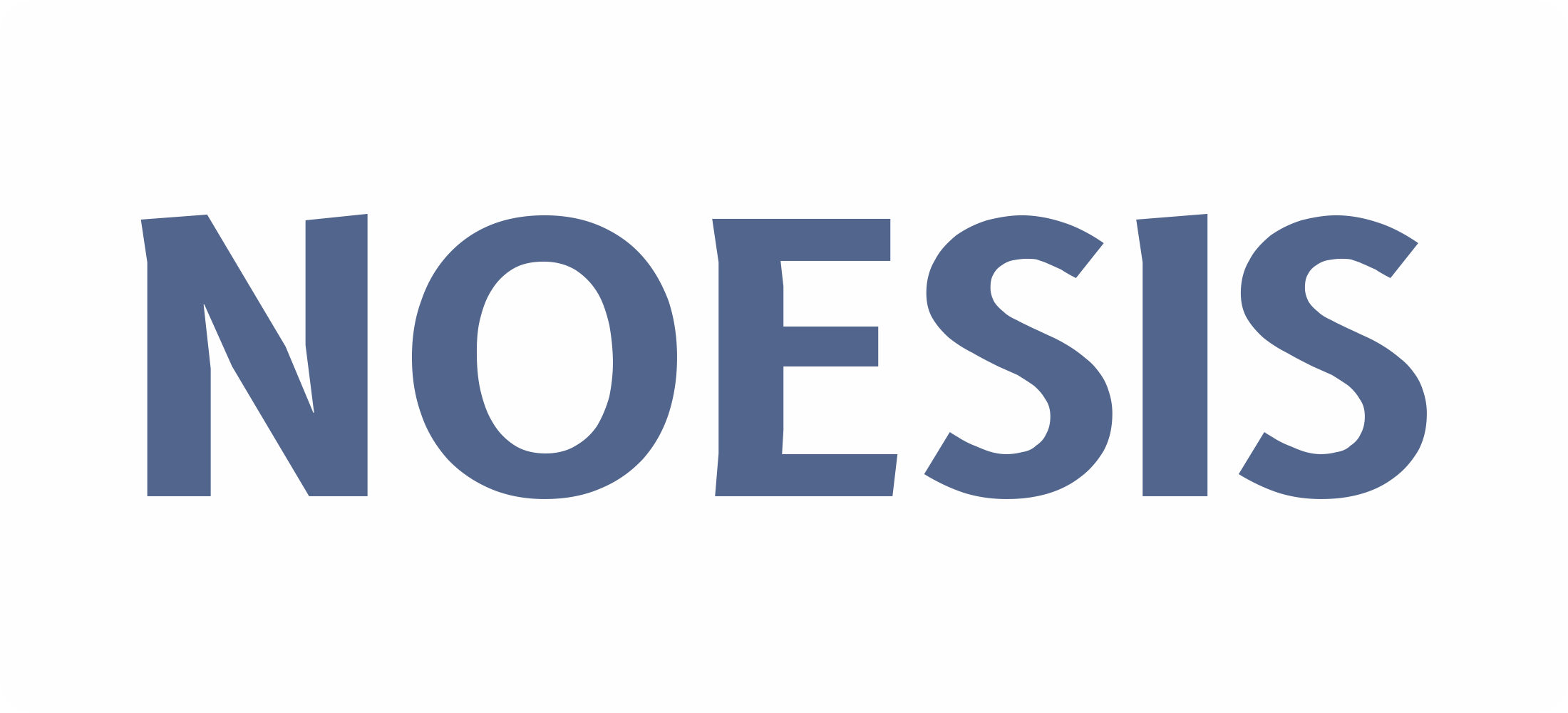Hyperion - Dan Simmons
Over the years I have developed a system of reading where I alternate between philosophy and science-fiction books. At almost any given time, I'd be reading either one. I find it extremely hard to find a science-fiction author who I enjoy, primarily in style of prose and sweep of concepts. Some of my favourites are Stanislaw Lem, Philip K. Dick, Ursula LeGuin and Alastair Reynolds. Over the last few months I must have tried at least 10 different authors, unable to connect with any.

Without much hope I tried Dan Simmons' Hyperion. What a great revelation! I loved it. It's a long read, but I thoroughly enjoyed it. I do not do book reviews (or any reviews).
Here are some quotes:
To the west, the bottomland along the river was overgrown with low tangles of gissen, woman-grove root, and a flamboyant red fern the Consul did not recognize, all growing around mud marshes and miniature lagoons which stretched another kilometer or so to bluffs where scrub everblues clung to any bare spot between granite slabs.
This line on AI is beautiful.
It dreams, dreams with the best historical accuracy in the Web– way beyond the sum of its parts ’cause it plugs in holistic insight as well as facts– and when it dreams, it lets us dream with it.
But in its day the City of Poets was fair indeed, a bit of Socrates’ Athens with the intellectual excitement of Renaissance Venice, the artistic fervor of Paris in the days of the Impressionists, the true democracy of the first decade of Orbit City, and the unlimited future of Tau Ceti Center.
Lamenting the demystification of natural poetry...
Like Keats and Lamb in Haydon’s studio, don Balthazar and I drank toasts to ‘the confusion of mathemetics’ and mourned the destruction of the poetry of the rainbow by M. Newton’s prying prism. The early distrust and actual hatred of all things scientific and clinical served me well in later life. It is not difficult, I have learned, to remain a pre-Copernican pagan in the postscientific Hegemony.
A philosopher/mathematician named Bertrand Russell, who lived and died in the same century as Gass, once wrote: ‘Language serves not only to express thought but to make possible thoughts which could not exist without it.
The poet John Keats once wrote to a friend of his named Bailey: ‘I am certain of nothing but the holiness of the Heart’s affections and the truth of Imagination– What the imagination seizes as Beauty must be truth– whether it existed before or not.’
I would have believed it if this passage was ascribed to Hesse. Such sweep, such conviction.
To be a poet, I realized, a true poet, was to become the Avatar of humanity incarnate; to accept the mantle of poet is to carry the cross of the Son of Man, to suffer the birth pangs of the Soul-Mother of Humanity. To be a true poet is to become God.
Great poets are rarely understood in their own day.
Mark Twain once opined in his homey way: ‘The difference between the right word and the almost right word is the difference between lightning and the lightning bug.’
And as I look back on my own thinking and pedestrian writing, I have felt the muse leave and return at her own will. Sometimes early, sometimes months late.
I awoke to a gray sky and the realization that my muse had fled. It had been five years since I had written any poetry. The Cantos lay open in the Deneb Drei tower, only a few pages finished beyond what had been published. I had been using thought processors to write my novels and one of these activated as I entered the study. SHIT, it printed out, WHAT DID I DO WITH MY MUSE? It says something about the type of writing I had been doing that my muse could flee without my noticing. For those who do not write and who never have been stirred by the creative urge, talk of muses seems a figure of speech, a quaint conceit, but for those of us who live by the Word, our muses are as real and necessary as the soft clay of language which they help to sculpt. When one is writing– really writing– it is as if one is given a fatline to the gods. No true poet has been able to explain the exhilaration one feels when the mind becomes an instrument as surely as does the pen or thought processor, ordering and expressing the revelations flowing in from somewhere else.
